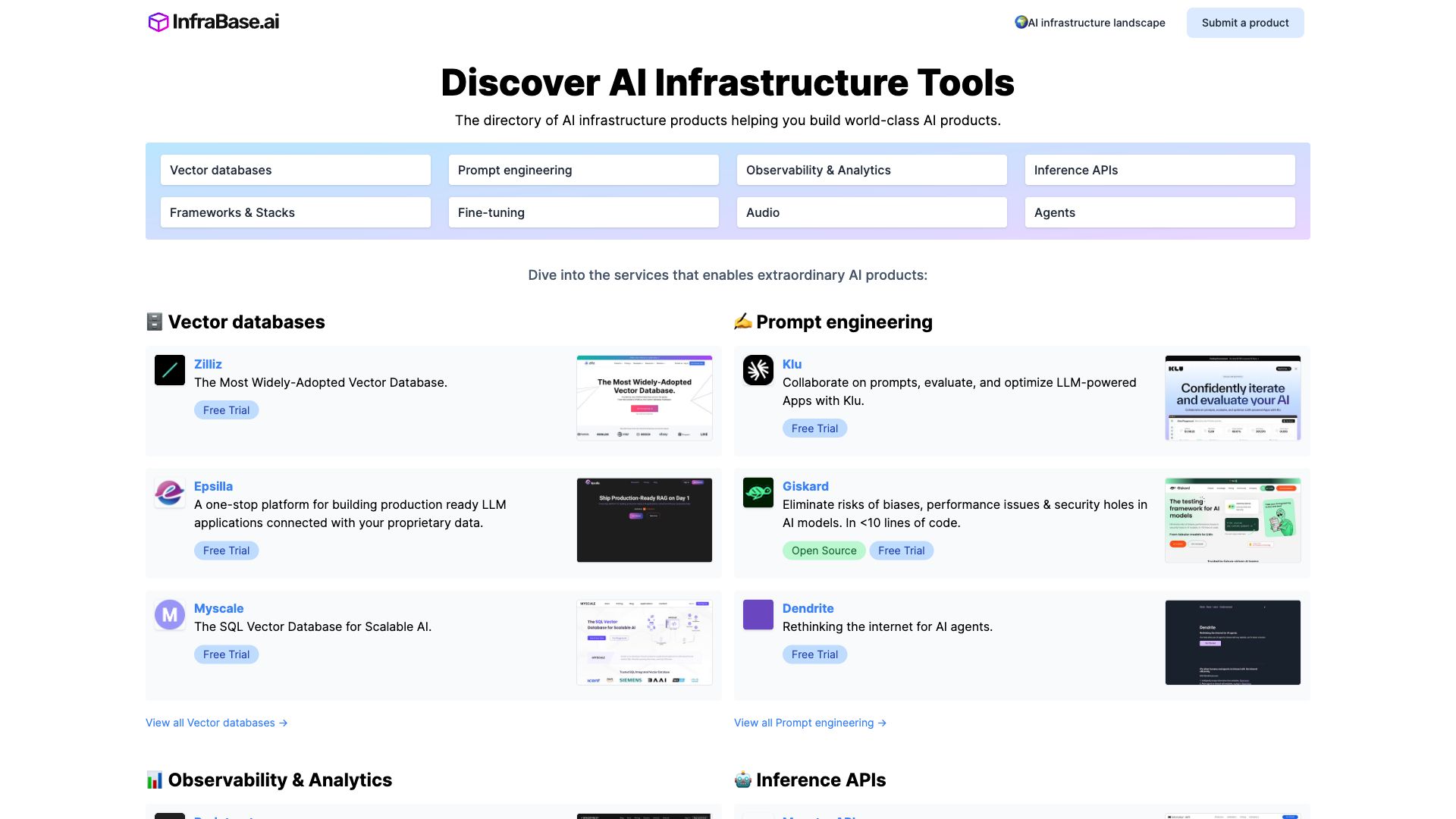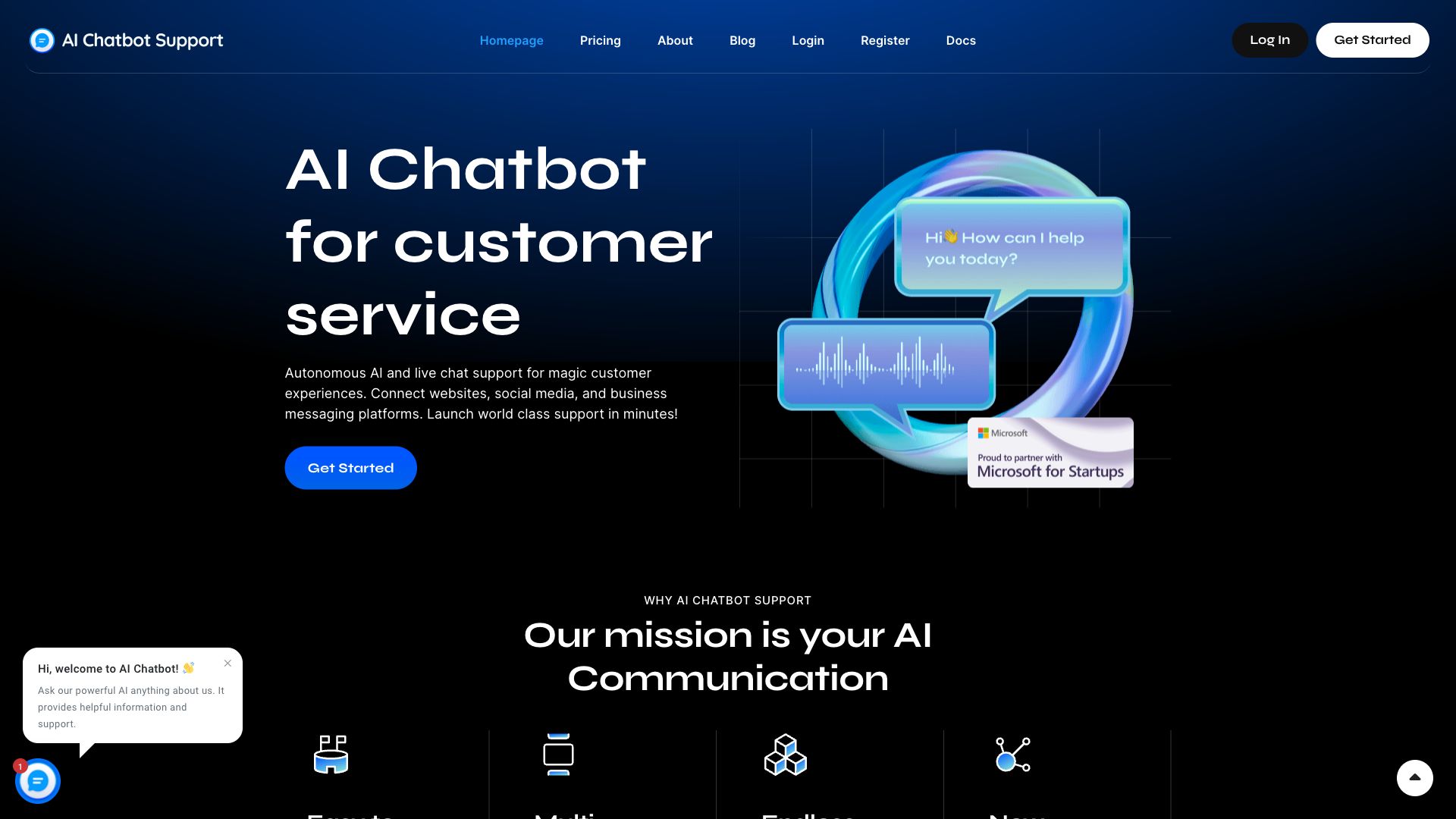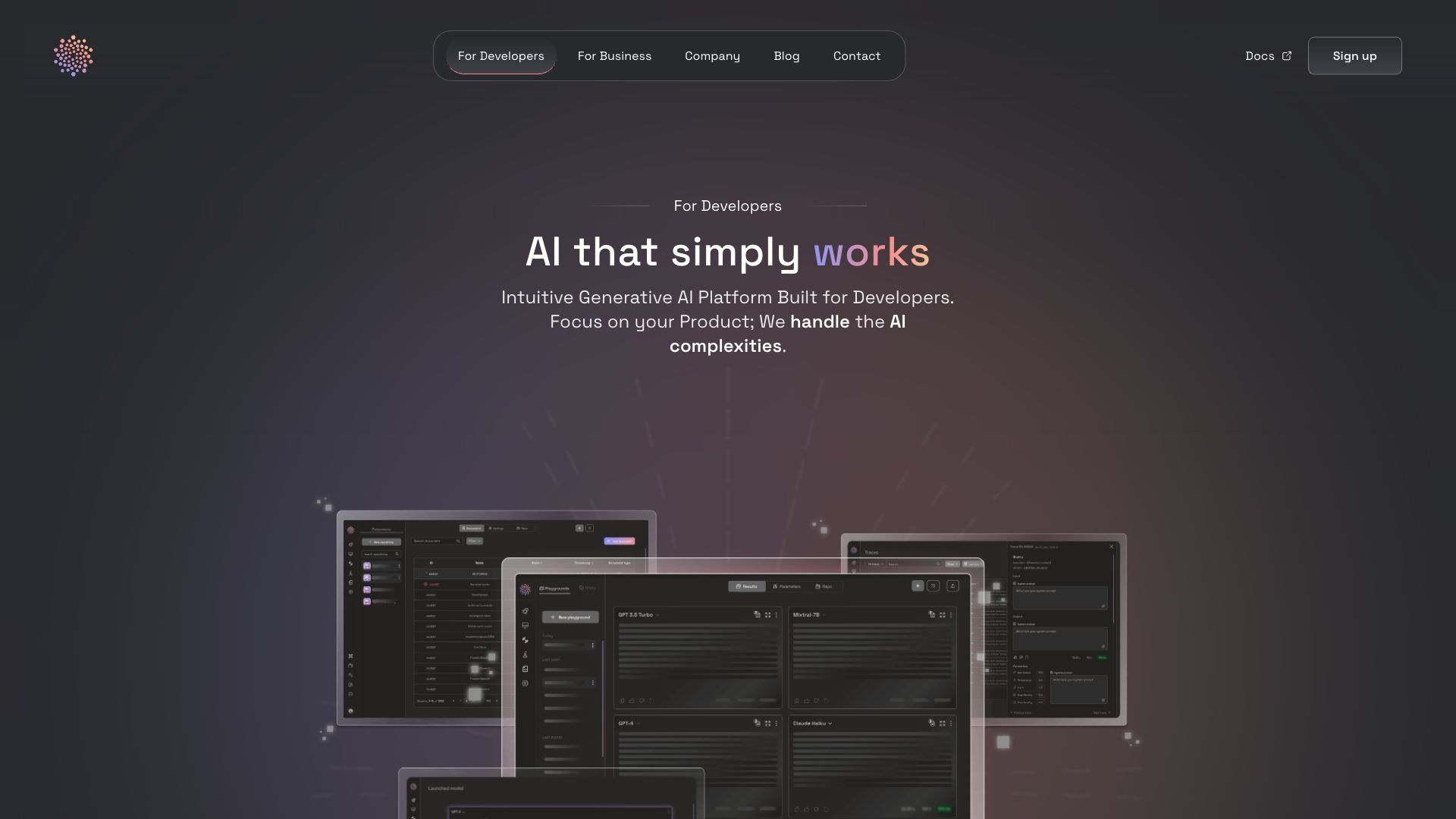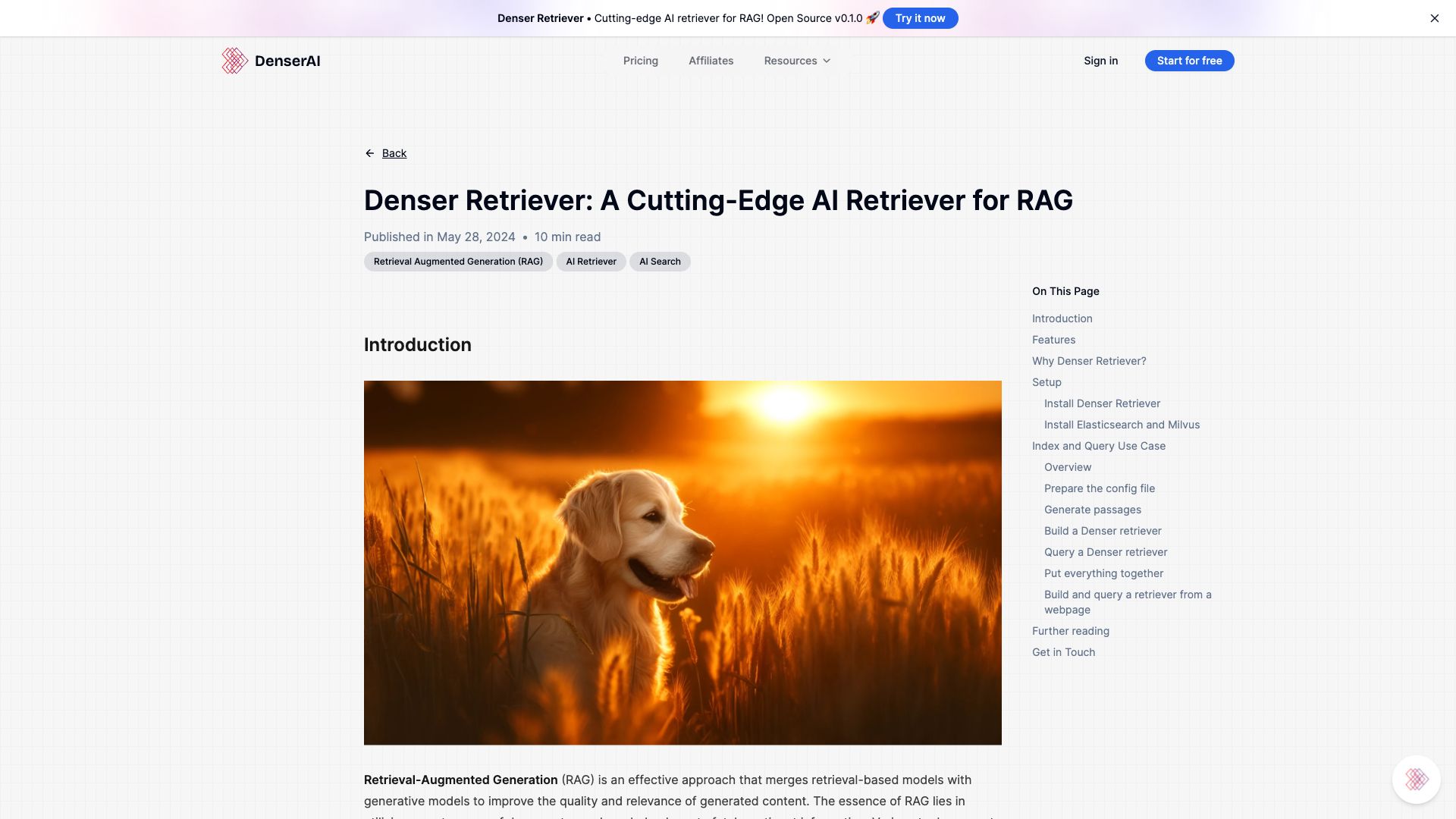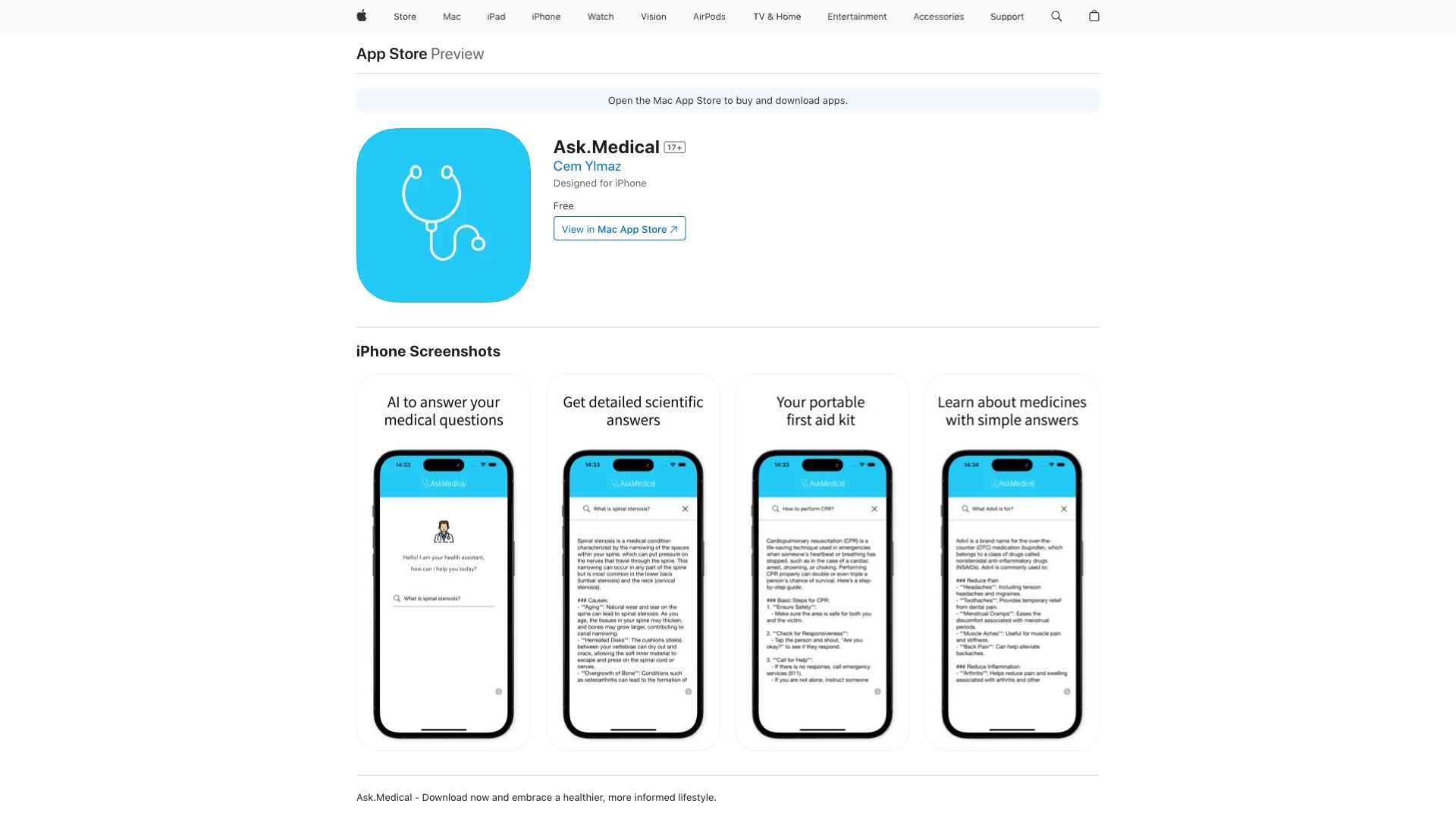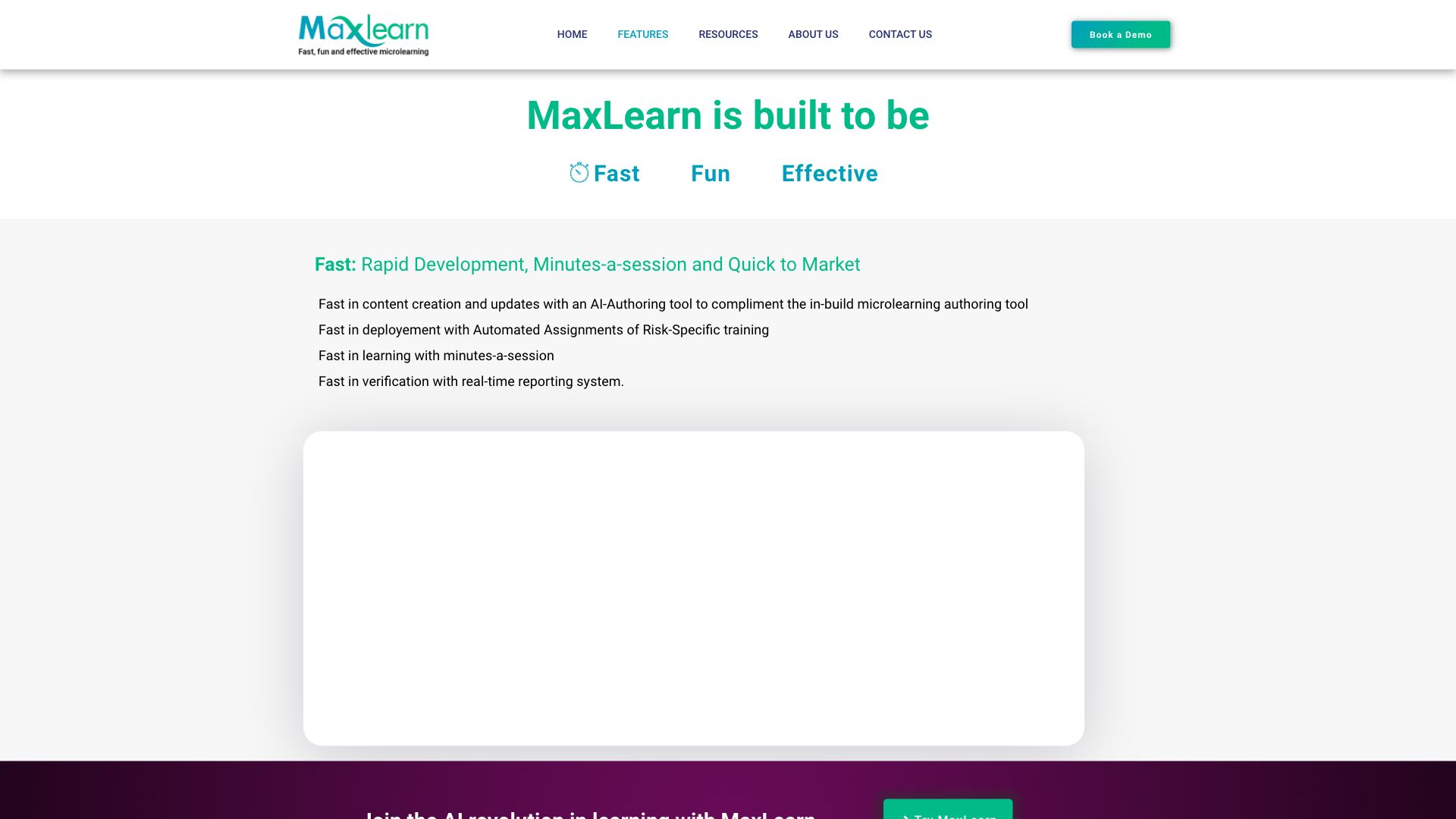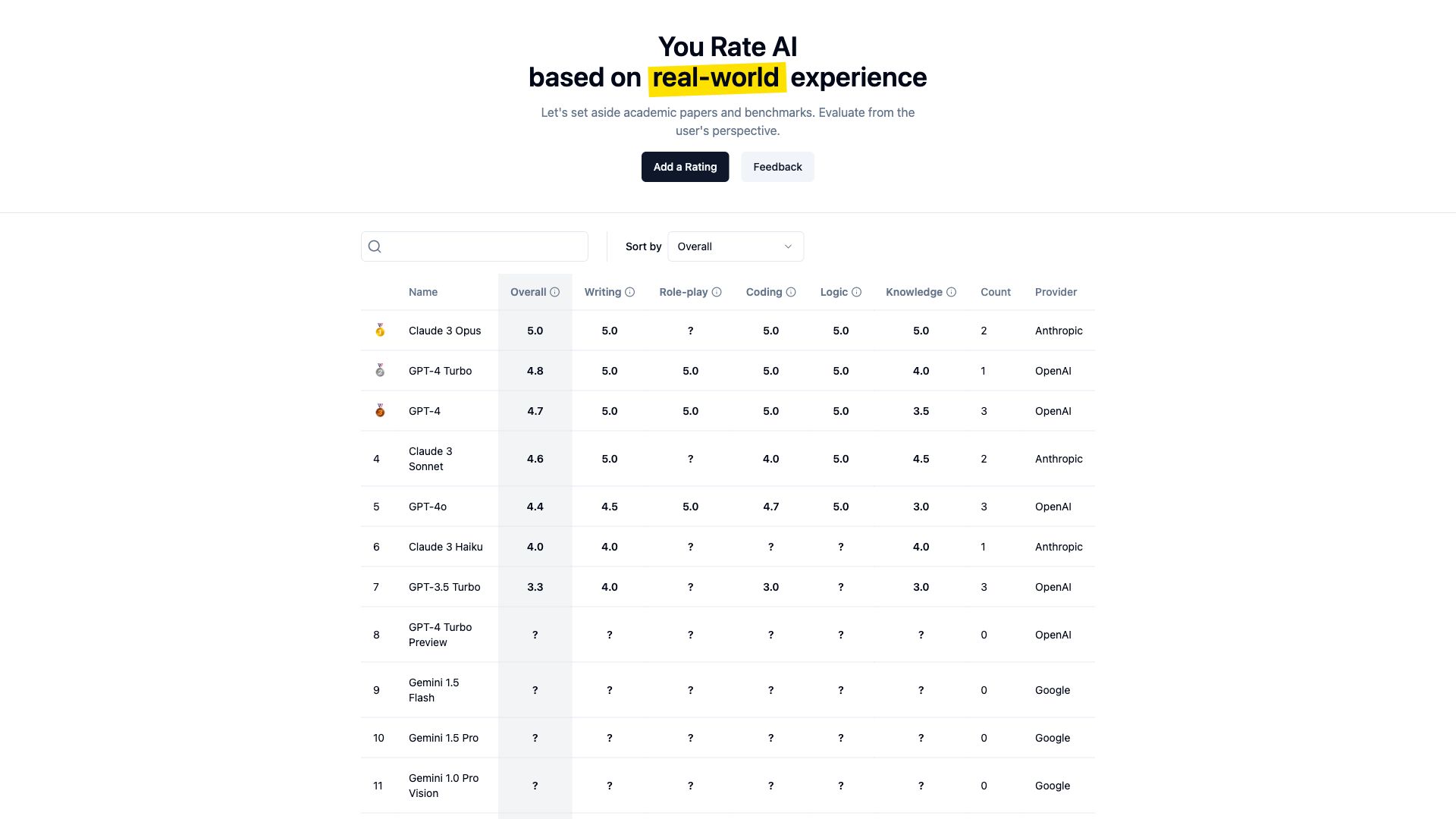Awesome AI Knowledge Base Tools in 2024
Discover the awesome 8 AI tools for 2024 By Candytools
Infrabase.ai is the directory for discovering AI infrastructure tools and services.
Multi-platform AI Customer Support Chatbot and Dashboard for websites, social media and business messaging.
Tapflow is an intuitive tool designed specifically for creative professionals, making it easy to create and manage online courses.
Accelerating the advent of personalized LLMs.
Denser Retriever is an AI-powered tool designed to efficiently and accurately retrieve the most relevant content from a large collection of data. Learn how it works and its applications on the Denser.ai blog.
Ask Medical leverages the power of AI to answer your health questions, provide insights, and offer guidance on various medical conditions.
MaxLearn provides an AI-driven learning experience platform that offers personalized learning paths, interactive exercises, and real-time feedback to enhance skill development and knowledge retention.
Yourat.ai provides personalized learning paths tailored to your goals, learning style, and pace. Utilizing AI, we curate the best resources and experts to accelerate your learning journey.
More AI Tools Categories
What is AI Knowledge Base?
What is an AI Knowledge Base?
An AI Knowledge Base is a structured collection of information and data that serves as the brainpower behind AI systems. It's the foundation upon which AI models can understand, reason, and learn from information to perform tasks and provide insightful outputs.
Think of it like a super-powered library specifically designed for AI. Instead of books, it contains:
- Facts: Concrete pieces of information, like "Paris is the capital of France."
- Rules: Logical relationships between facts, like "If it's raining, then the ground is wet."
- Concepts: Abstract ideas and categories, like "love," "democracy," or "red."
- Relationships: Connections between different entities, like "parent-child" or "employed by."
This information can be organized in different ways, including:
- Semantic networks: Representing knowledge as a network of interconnected nodes.
- Ontologies: Defining hierarchies and relationships between concepts.
- Graphs: Visually representing knowledge as nodes and connections.
- Databases: Storing data in a structured format.
Why is it important?
- Empowers reasoning and decision-making: AI systems use the knowledge base to analyze information, draw conclusions, and make decisions based on logic and learned patterns.
- Enables natural language understanding: By understanding concepts and relationships, AI can better comprehend and interpret human language.
- Improves learning and adaptation: The knowledge base helps AI models learn from new data and adapt to changing situations.
- Provides context and background: Gives AI systems the background knowledge necessary to understand complex scenarios and provide meaningful responses.
Examples of AI Knowledge Bases in action:
- Chatbots: Use knowledge bases to understand user queries, provide relevant information, and maintain a consistent persona.
- Expert systems: Leverage knowledge bases to mimic the decision-making process of human experts in specific domains.
- Recommendation engines: Utilize knowledge bases to understand user preferences and recommend relevant products or content.
- Search engines: Rely on vast knowledge bases to understand search queries and return accurate results.
Building an AI knowledge base is a complex task, requiring careful planning, data collection, and structuring. However, it's a crucial step in creating truly intelligent and capable AI systems.
